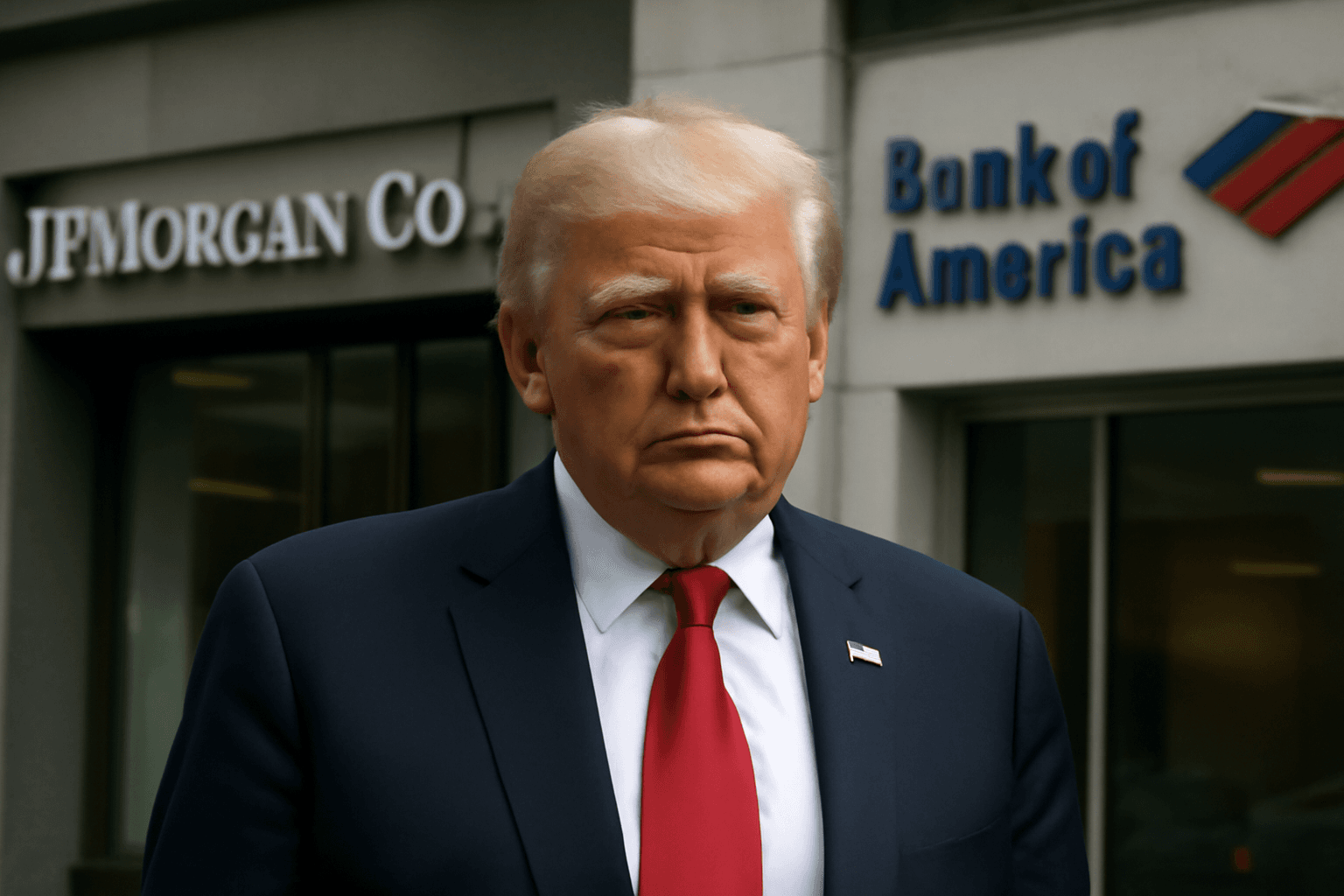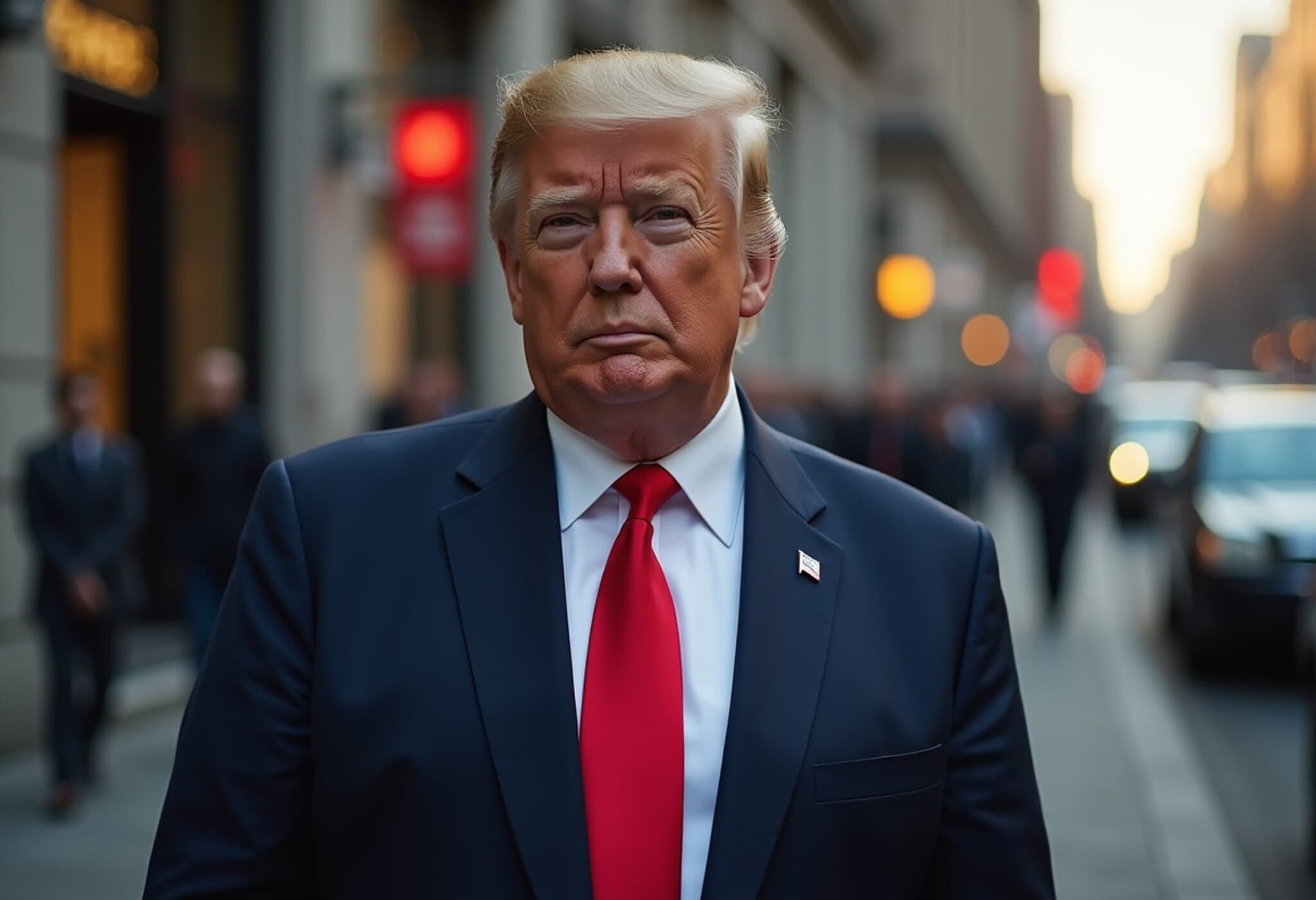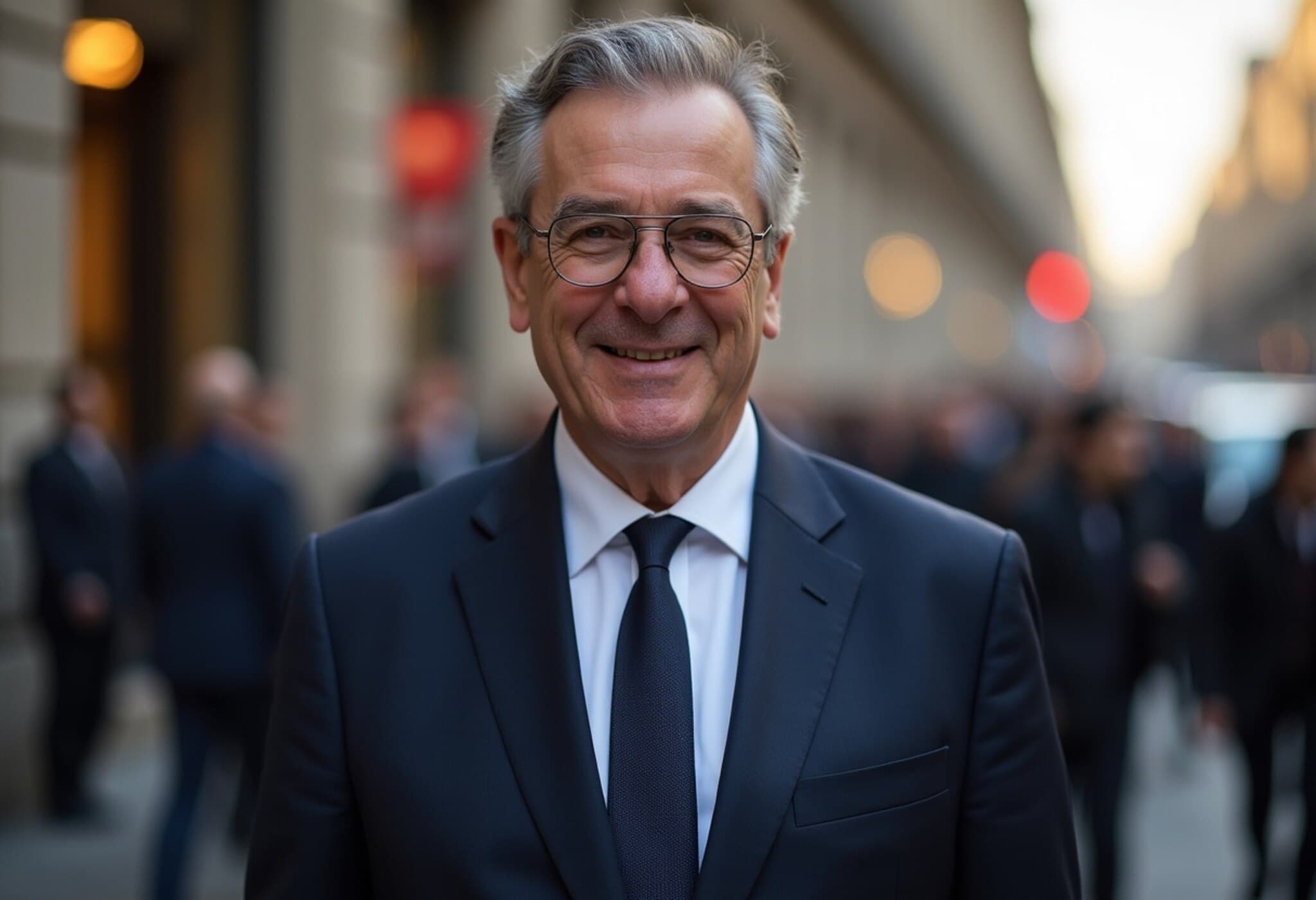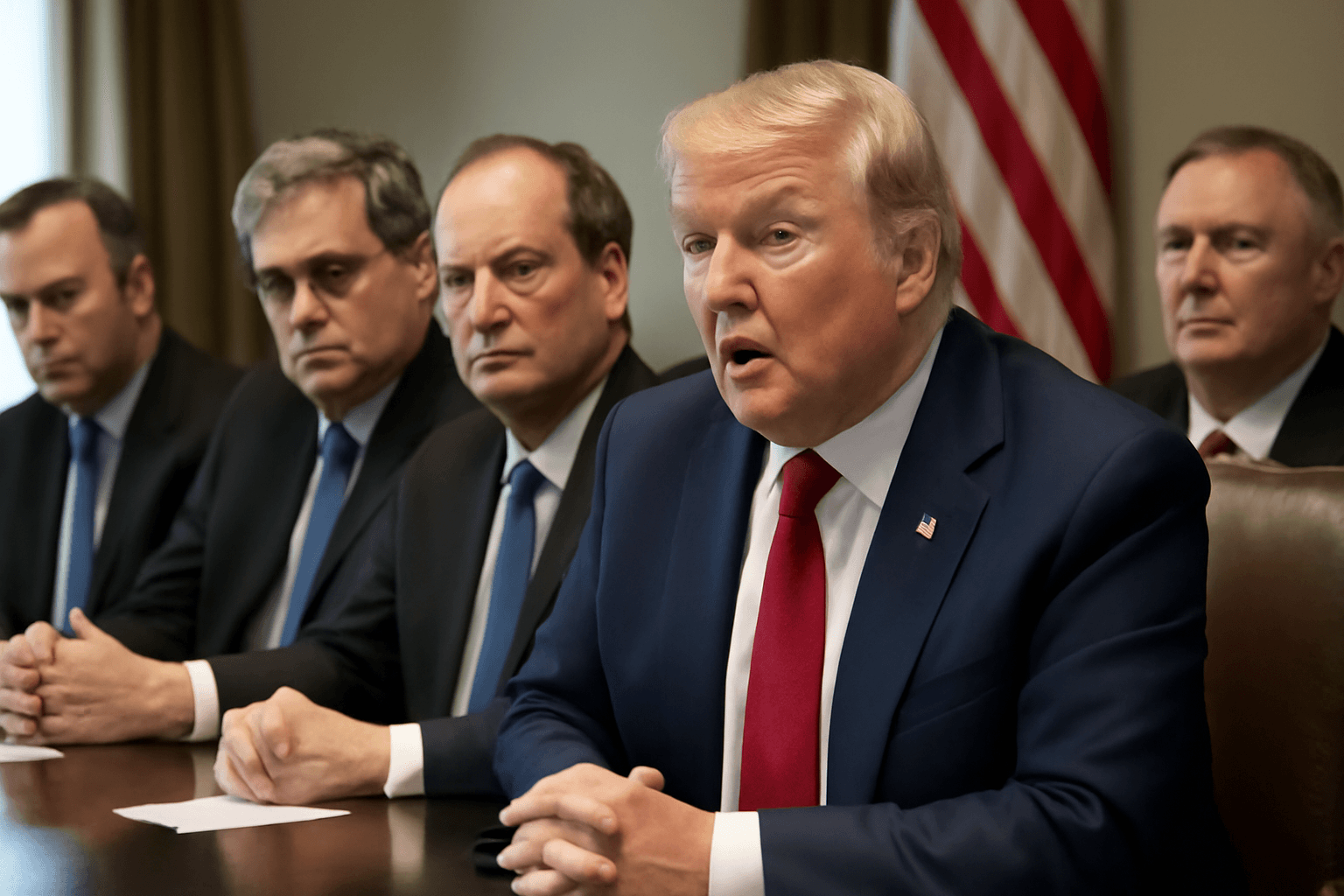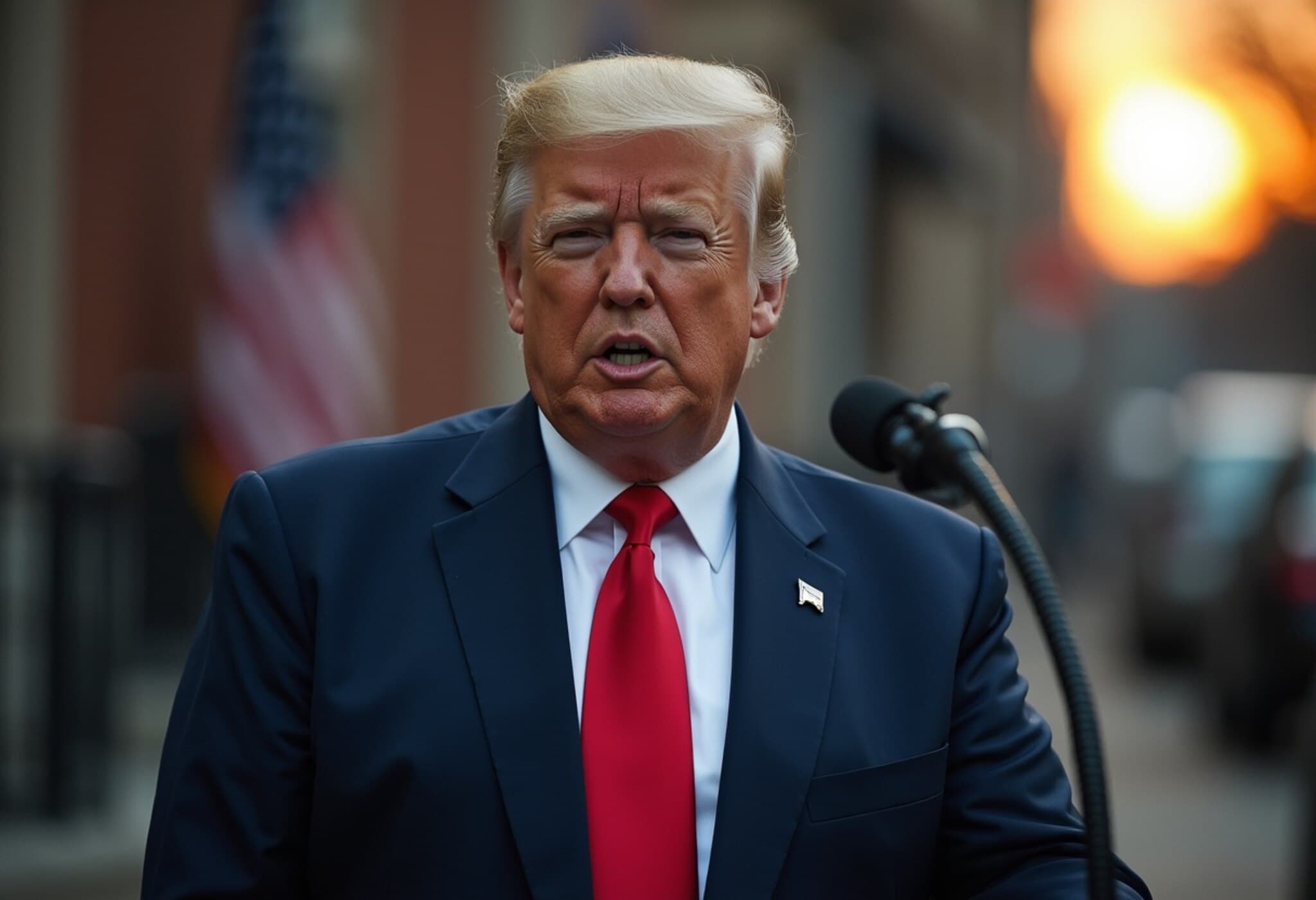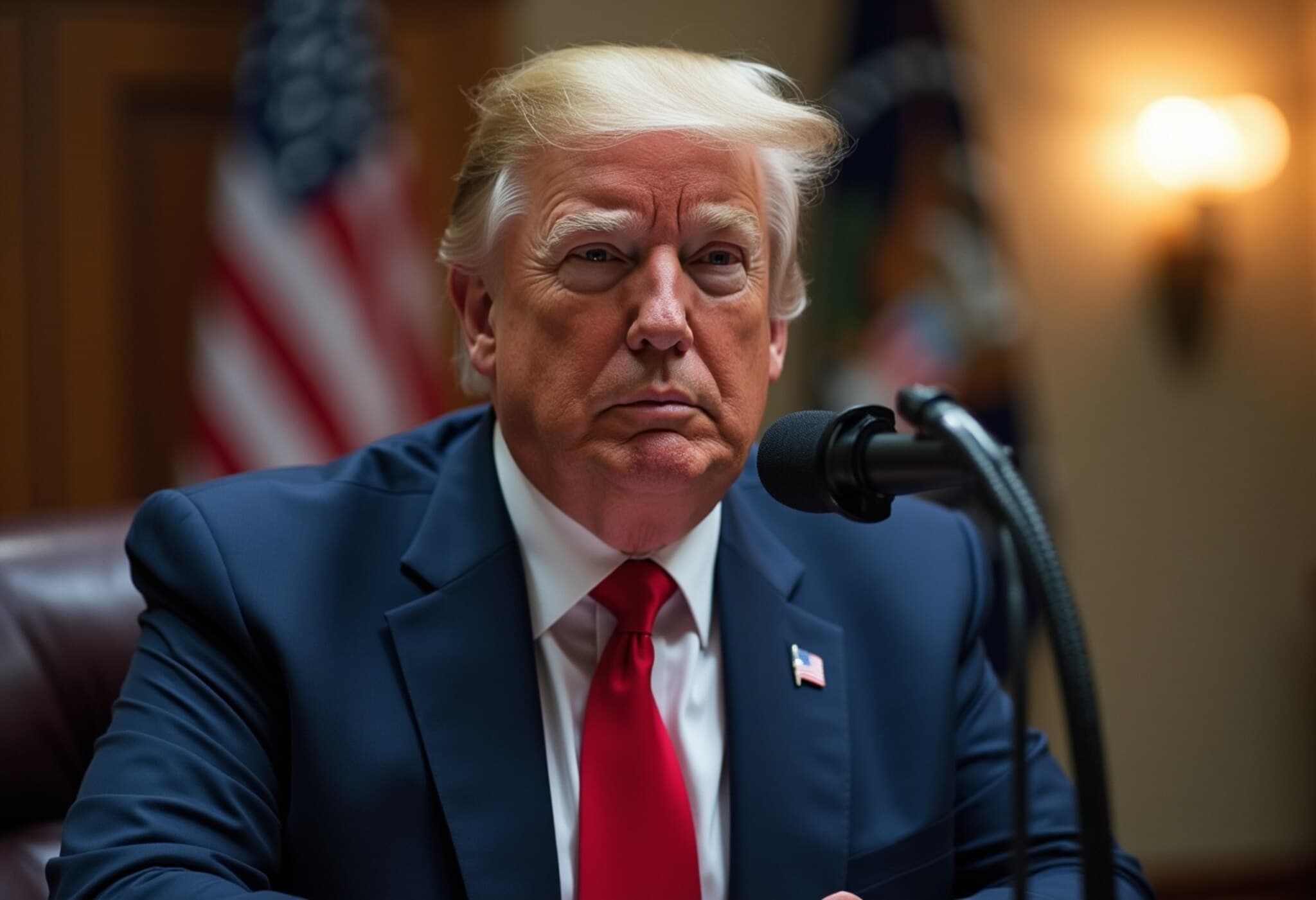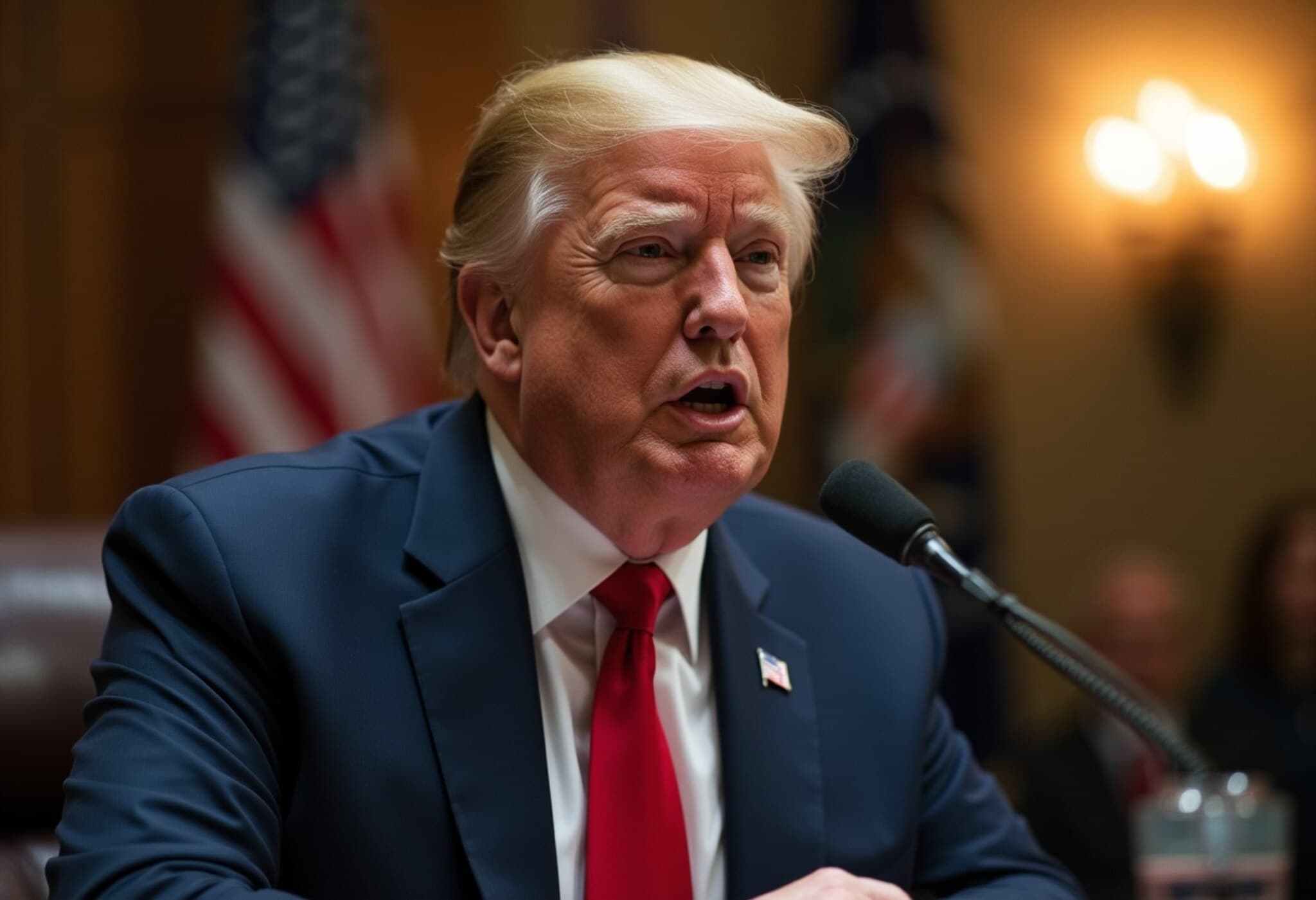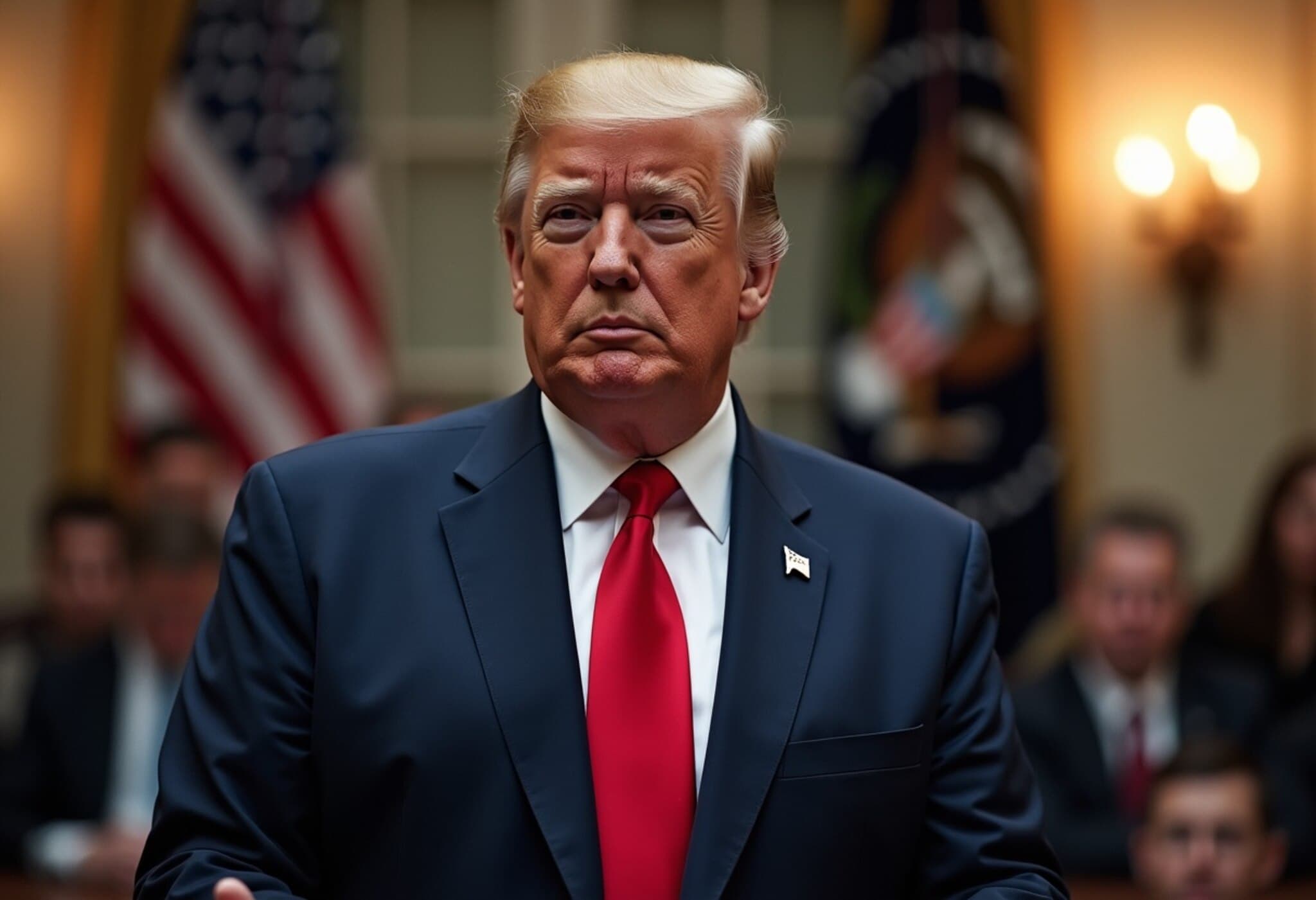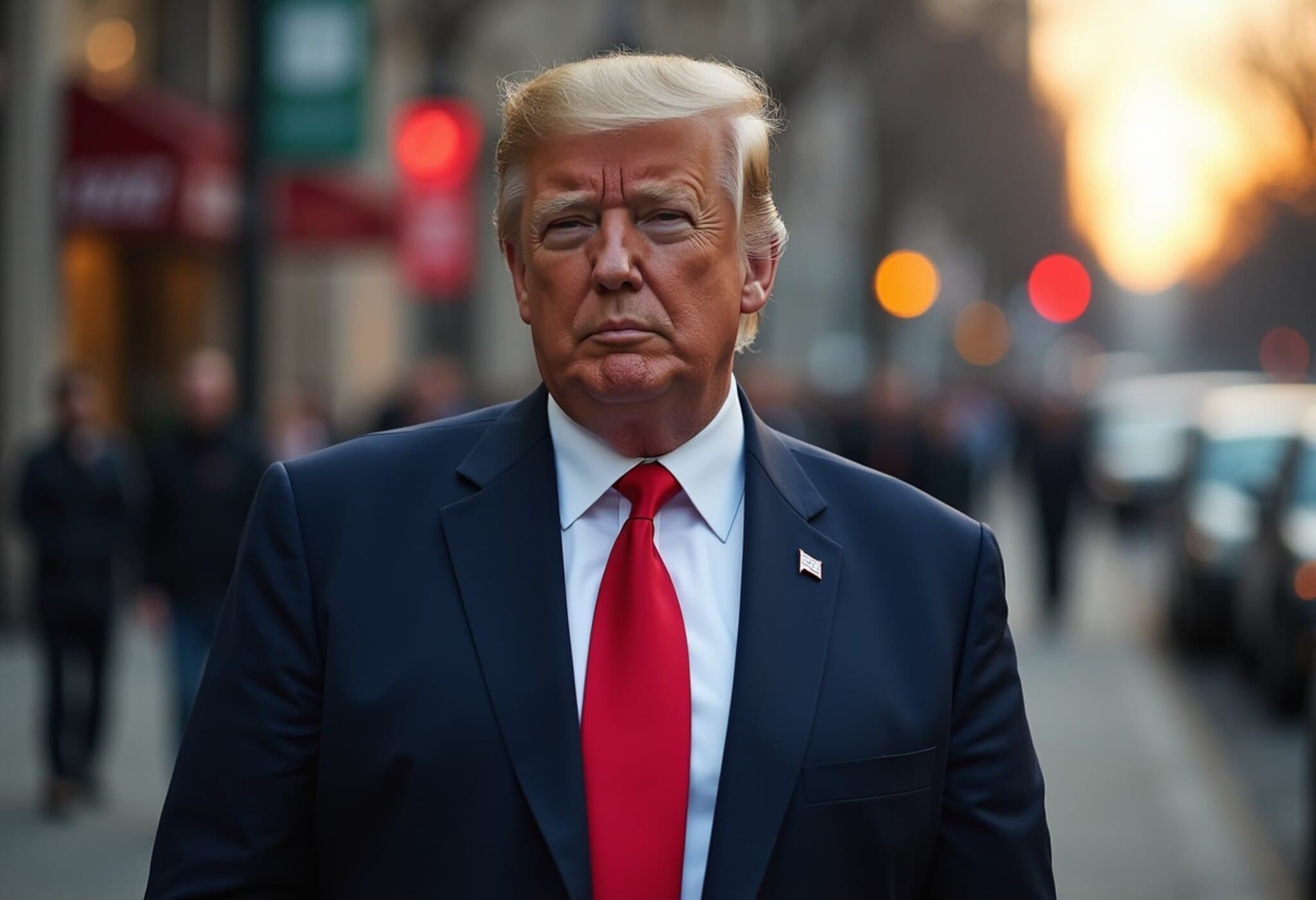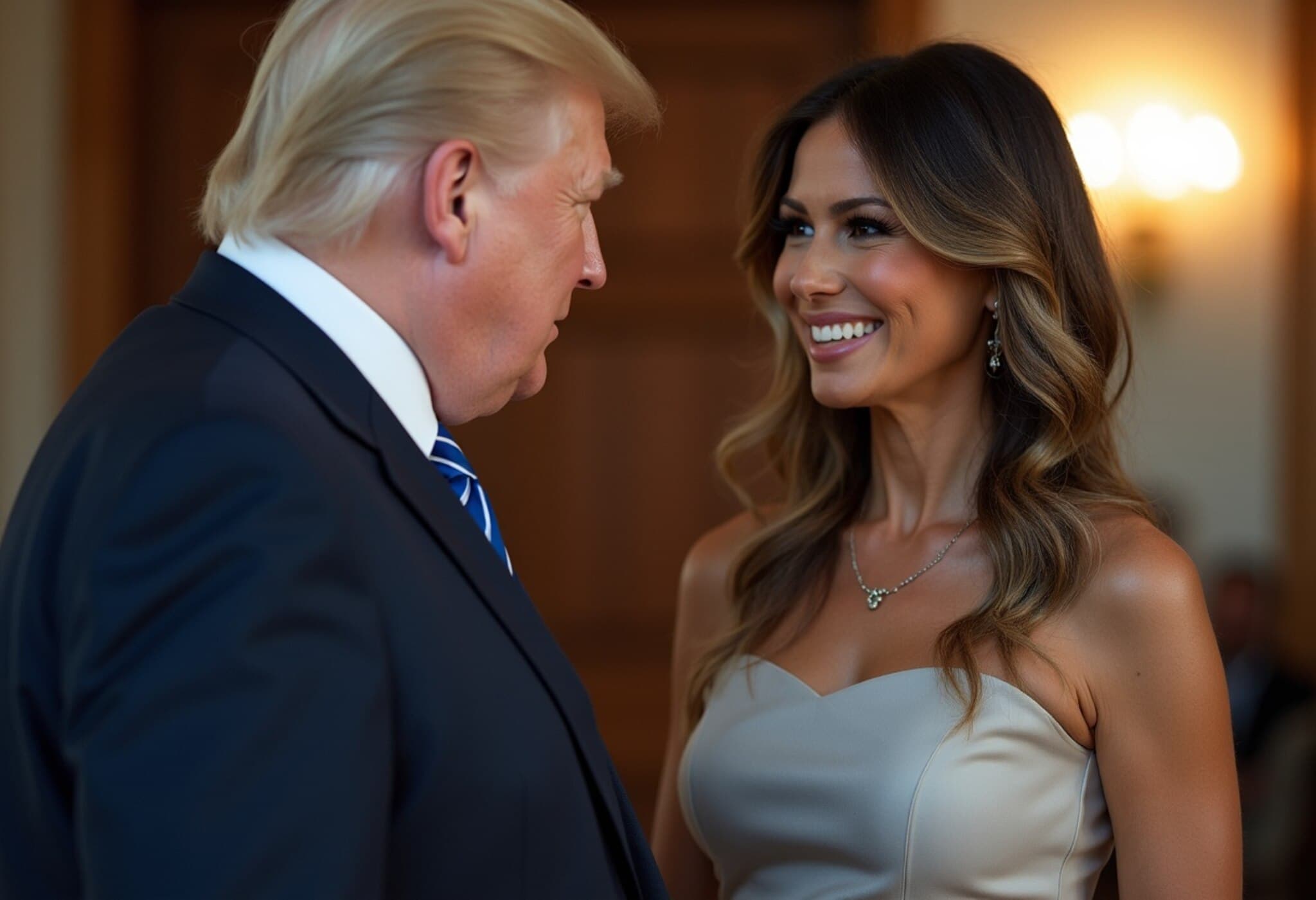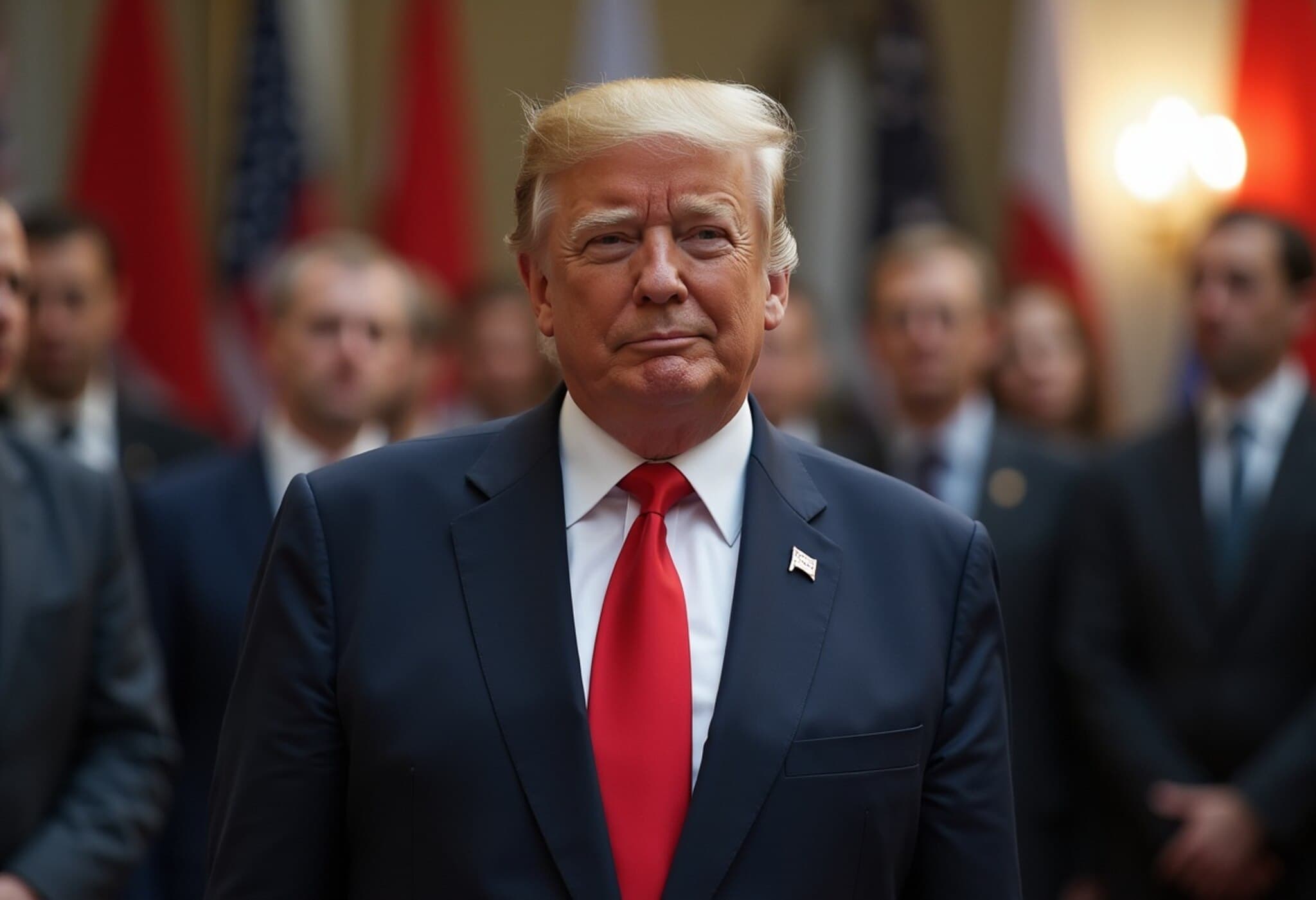Trump Accuses Banks of "Debanking" Conservatives Amid Loan Disputes
In a renewed firestorm of controversy, former President Donald Trump has launched a public crusade against banking giants JPMorgan Chase and Bank of America (BofA), accusing them of "politically motivated discrimination." Trump alleges these financial institutions have "debanked" him and other conservatives, revoking their banking services due to ideological biases.
Claims of Political Bias or Business Rebuffs?
Trump recently shared these allegations in a CNBC interview, stating that JPMorgan Chase demanded he close his accounts within 20 days despite a banking relationship spanning decades. Highlighting what he perceives as a betrayal, Trump lamented how BofA refused to accept a large deposit after his presidency, despite prior cordial relations with CEO Brian Moynihan.
"Brian was kissing my ass when I was president," Trump stated, contrasting that with the subsequent outright refusals. Frustrated, he recounted turning to various small banks across the country as alternatives.
Trump frames these incidents as part of a broader pattern — alleging a coordinated effort among financial institutions, possibly enabled by federal regulators, to marginalize conservative voices in finance.
Policy Response: Executive Order on the Horizon
Responding to mounting pressure from Trump’s allies within conservative political circles, the White House is reportedly drafting an executive order directing federal regulators to investigate the banks accused of politically motivated account closures. This move could invoke enforcement of the Equal Credit Opportunity Act and related statutes, placing banks at risk of penalties if found to discriminate.
Such a policy development reflects the tangled intersection of finance, politics, and regulatory oversight — raising essential questions about the role of banks in political expression and whether consumer accounts can be closed for ideological reasons.
Banks Push Back Against Allegations
Both JPMorgan Chase and Bank of America have categorically denied the claims of political discrimination, urging for regulatory clarity amid accusations that threaten to politicize banking practices further. JPMorgan emphasized that unclear policies on account closures have adversely affected both customers and the banks themselves.
Bank of America echoed this sentiment, highlighting that account terminations are based on compliance and regulatory standards rather than politics.
The personal nature of Trump’s allegations, including naming CEOs and recounting his post-presidency banking struggles, suggests a deeply felt grievance rather than a purely ideological campaign.
Broader Context: Political Debanking and Regulatory Challenges
Trump’s accusations resonate with a larger narrative among conservatives and certain sectors, including cryptocurrency advocates, who claim they have been unfairly "debanked" for their political stances. Yet, solid evidence to support these claims remains scant.
Financial watchdogs often attribute account closures to legitimate concerns such as regulatory compliance, anti-money laundering protocols, and reputational risks. Notably, in June 2025, the Federal Reserve removed "reputational risk" as a formal factor in bank oversight, partly responding to concerns that it was being weaponized to target politically controversial clients.
Despite the absence of concrete proof backing Trump’s specific allegations, he skillfully leverages this narrative to energize his base — a demographic long suspicious of Wall Street and perceived elite institutions.
Expert Insight: Navigating Truth, Political Power, and Financial Practices
From an expert perspective, Trump’s campaign against these banking titans underscores the complex balance between legitimate regulatory practices and perceived political fairness. The banking system's core function is risk mitigation and compliance adherence, but the opacity of these decisions leaves room for claims of bias to flourish in a politically charged atmosphere.
Moreover, this situation raises crucial questions for American financial policy and law: to what extent should personal ideology influence access to banking services? Can federal regulators craft clear standards to prevent arbitrary or politically motivated account shutdowns without infringing on banks’ risk management rights?
As Trump eyes an executive order, the potential ripple effects on banking compliance frameworks, regulatory oversight, and political discourse in finance will demand careful scrutiny.
Conclusion: Personal Grievance or a Political Battle for Fairness?
While Donald Trump portrays this banking dispute as a stand against systemic discrimination of conservatives, the personal tone and anecdotal nature of his claims point to a more complex blend of ideological grievances and personal business frustrations.
The unfolding policy and political debates will not only test the limits of political influence over financial institutions but also challenge how America defines fairness in financial services amid rising partisan divides.

